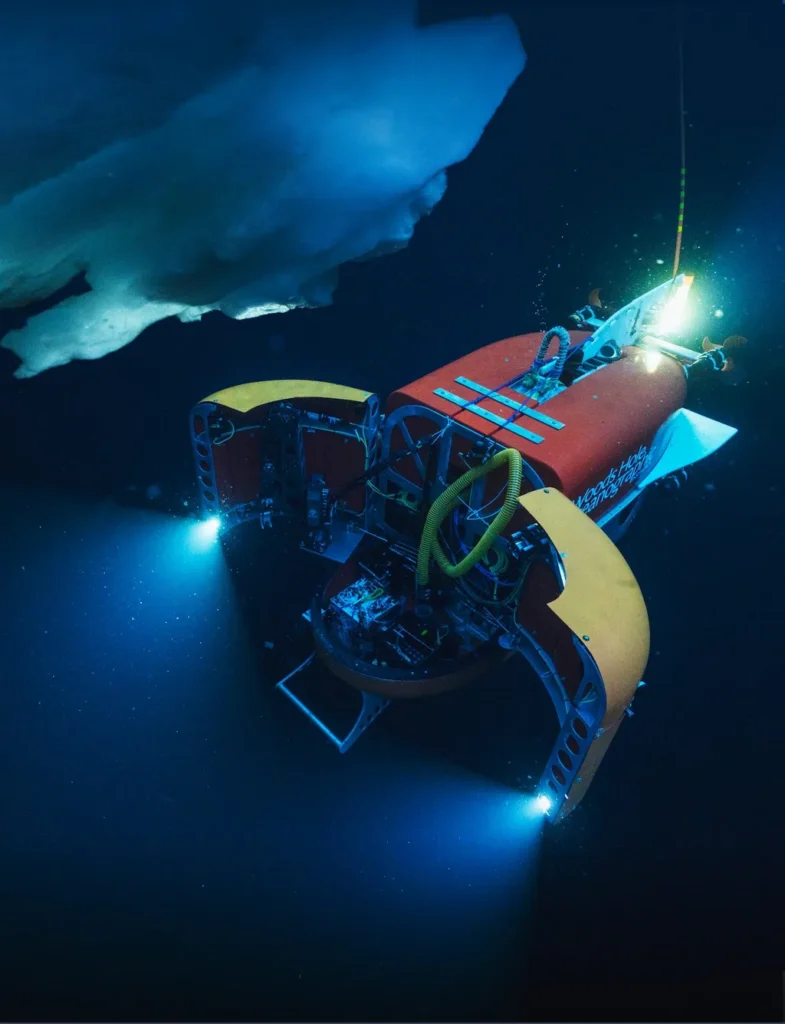Researchers from the University of Texas at Austin have developed an open-access modular framework for Autonomous Underwater Vehicles (AUVs) that promises to revolutionize underwater research. The team, led by Mingxi Zhou and including Farhang Naderi, Yuewei Fu, Tony Jacob, Lin Zhao, Manavi Panjnani, Chengzhi Yuan, William McConnell, and Emir Cem Gezer, has introduced the Marine Vehicle Packages (MVP) framework. This innovative system combines both software and hardware designs to facilitate the easy construction of customizable AUVs tailored for research purposes.
The MVP framework is designed to address the growing need for flexible and accessible AUV systems. Traditional AUV development often requires significant resources and expertise, limiting their use to well-funded institutions. The MVP framework aims to democratize access to AUV technology by providing a scalable hardware system and a modular software architecture. This approach allows researchers to easily customize their AUVs to meet specific research requirements, whether it’s exploring deep-sea ecosystems or monitoring underwater infrastructure.
One of the standout features of the MVP framework is its articulated thruster integration, which enhances maneuverability and precision in underwater operations. Additionally, the framework includes a high-level Graphic User Interface (GUI), making it more user-friendly and accessible to researchers with varying levels of technical expertise. The GUI simplifies the process of configuring and operating the AUVs, reducing the learning curve and allowing researchers to focus on their scientific objectives.
The researchers have conducted extensive testing to validate the performance and compatibility of the MVP framework. Both simulation and field experiments have demonstrated the effectiveness of the system. The scalable hardware design ensures that the AUVs can be adapted for a wide range of research applications, from shallow-water studies to deep-sea explorations. The modular software architecture allows for easy integration of new features and functionalities, ensuring that the system remains up-to-date with the latest technological advancements.
The development of the MVP framework represents a significant step forward in the field of underwater research. By providing an open-access, modular, and customizable AUV system, the researchers at the University of Texas at Austin are empowering a broader range of scientists to conduct sophisticated underwater studies. This democratization of technology has the potential to accelerate discoveries and advancements in marine science, ultimately contributing to a better understanding of our oceans and their ecosystems.
The practical applications of the MVP framework are vast. For instance, marine biologists can use customized AUVs to study marine life in their natural habitats without causing disturbances. Oceanographers can deploy AUVs to collect data on water quality, currents, and other environmental parameters. Engineers can utilize the system to inspect and maintain underwater infrastructure, such as pipelines and offshore installations. The versatility of the MVP framework makes it a valuable tool for various research and industrial applications, paving the way for innovative solutions to complex underwater challenges. Read the original research paper here.

